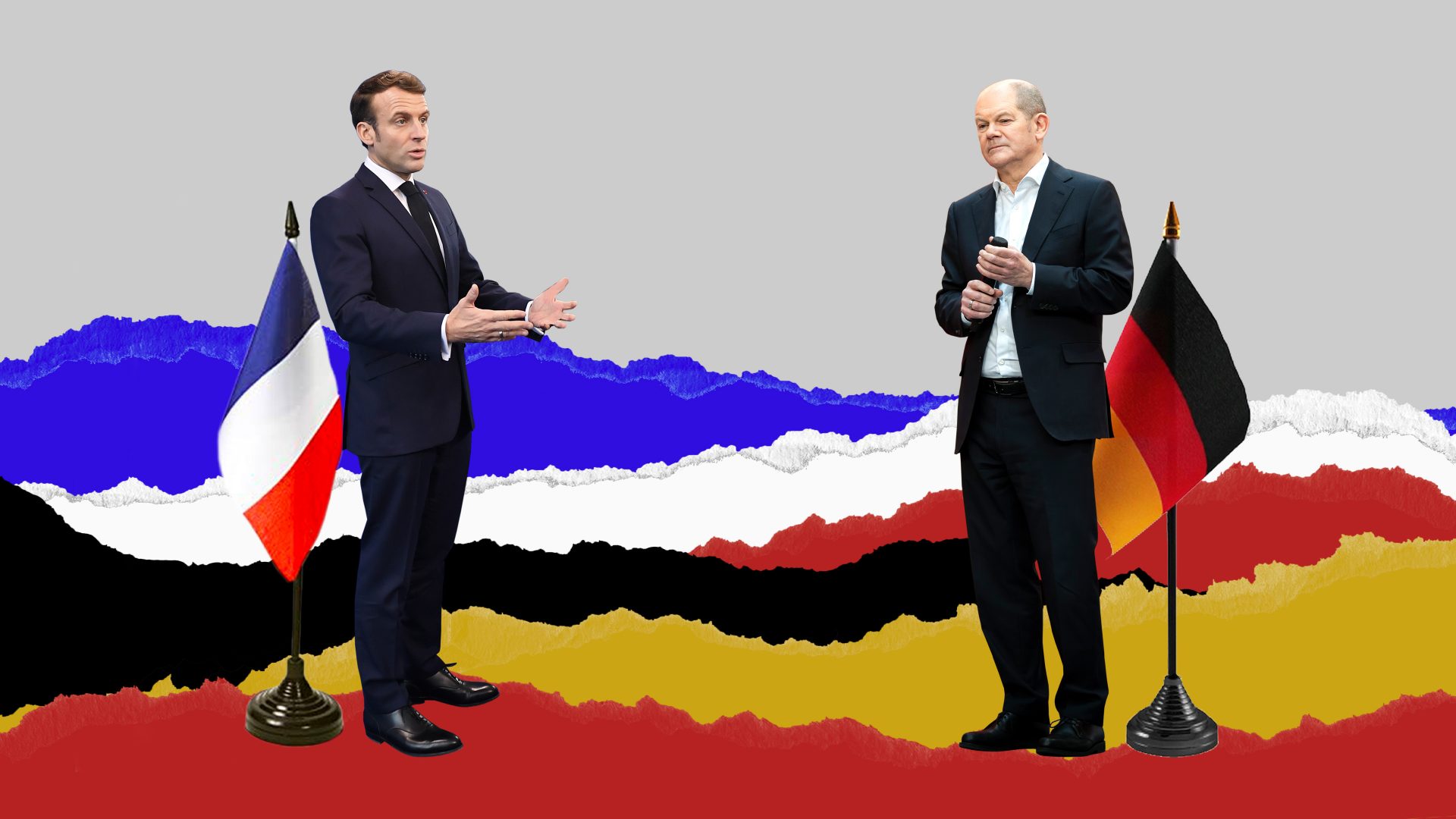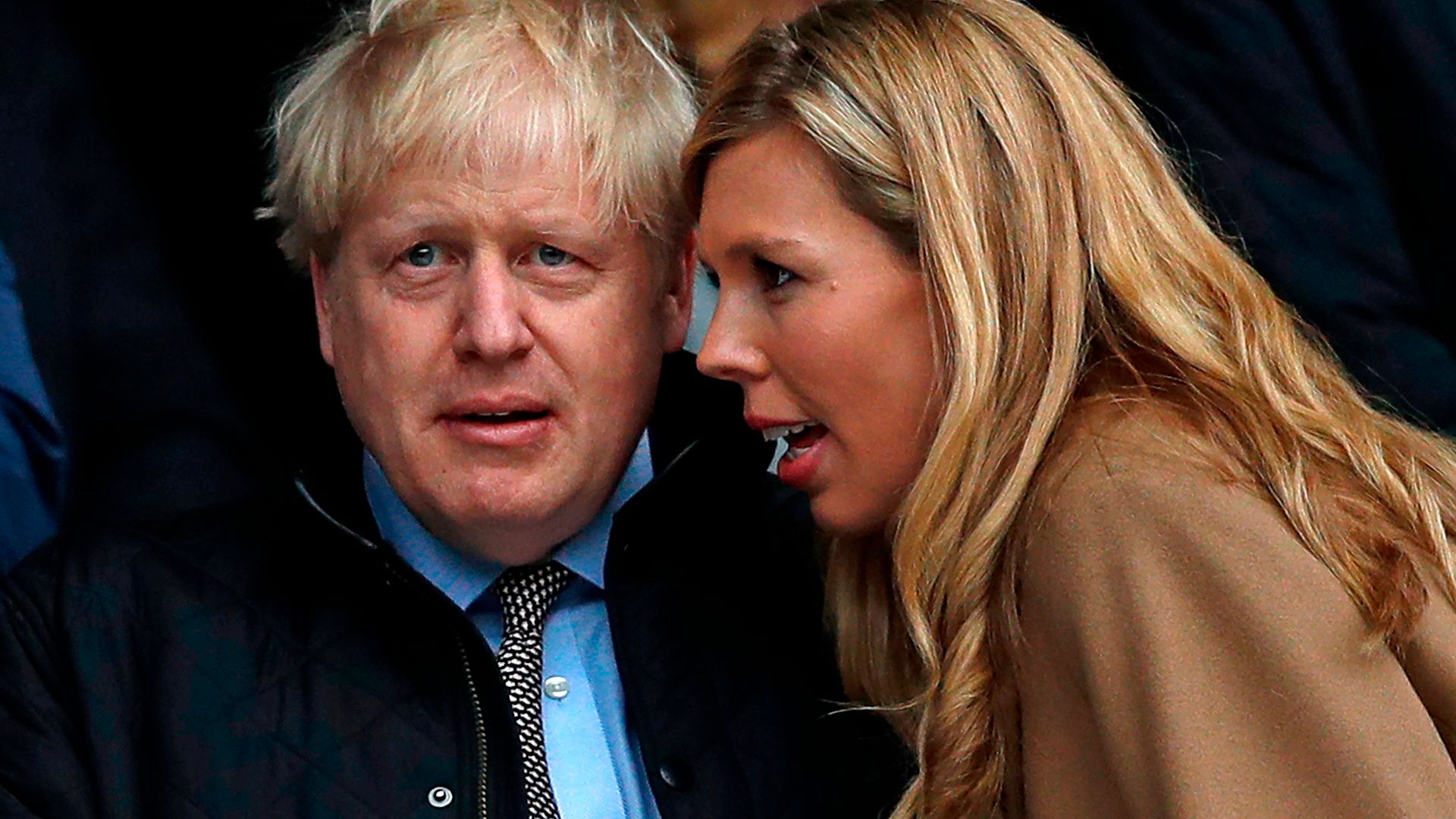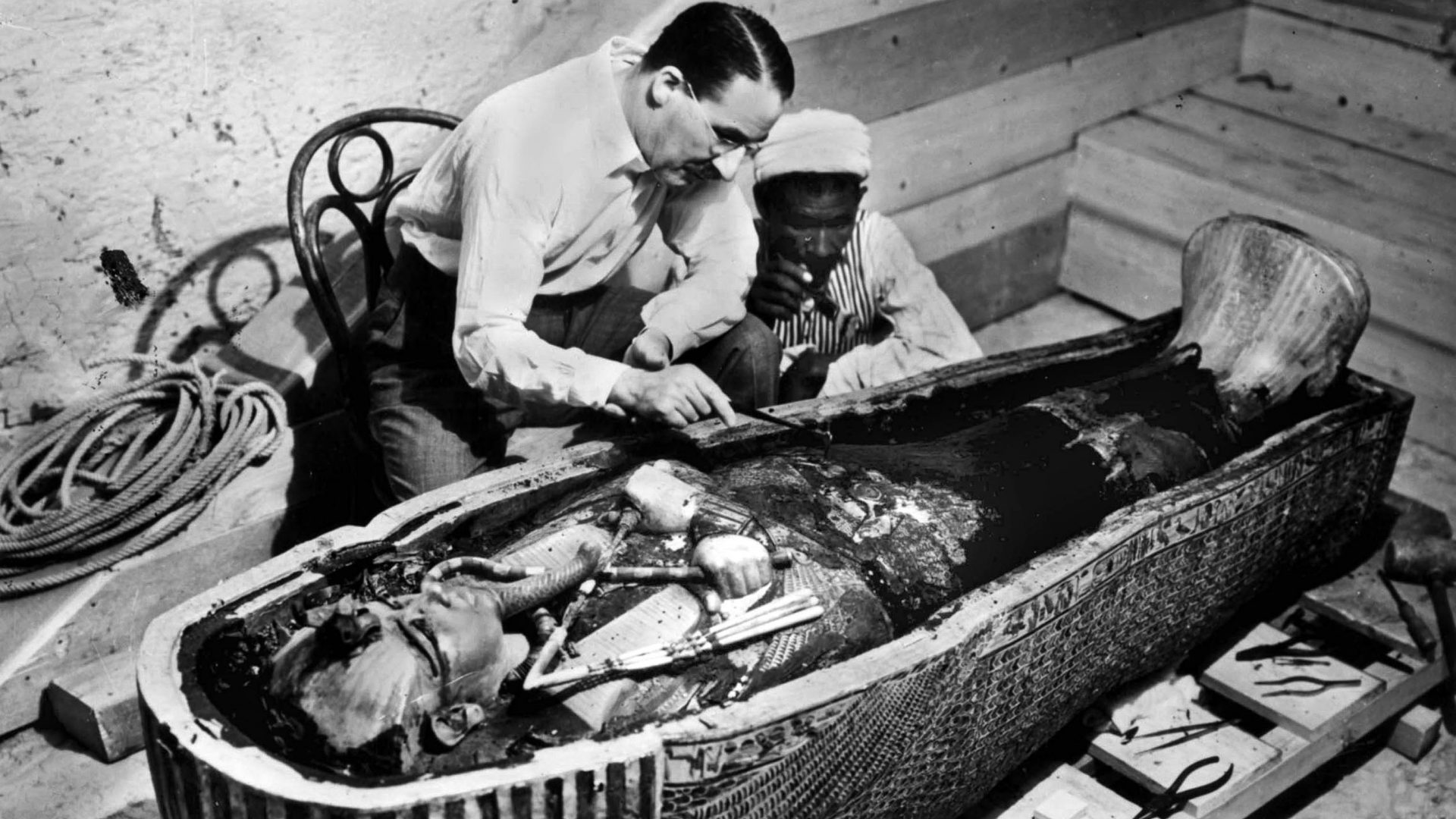Brexit just keeps on damaging the UK, devouring its children, its purchasing power, its global attractiveness and its prime ministers. The European Union didn’t want a divorce and is less affected by the separation. But we tend to forget the collateral damage of Brexit: it has contributed to driving France and Germany apart.
By leaving, the British have shifted the EU’s centre of gravity to the east. France, one of the six founding members of the old European Community, its leading military power and third largest economic power, had thought it was at the centre of the Union, alongside Germany. After Brexit, it found itself relegated to the western border.
But Germany remains at the centre. Close to Scandinavia through its social market economy and to northern Italy through its exports, Germany is in the west through its culture and its Atlanticism, and also anchored in the east through its history, its geographical borders and its investments. France, although a nuclear power, is no longer in the middle. Poland is taking off, Ukraine is coming, the future is in the East. Germany is already part of the East. France is not.
Putin’s war in Ukraine has enhanced this shift. It has helped the EU to expand towards Ukraine and the Balkans, which Germany wanted. The Merkel years were peaceful, and the US ensured trade, prosperity and social welfare – but the Scholz years are the end of the German dream. Germany’s reliance on the US for defence, Russia for cheap hydrocarbons and China for commercial outlets has gone. The US descended into Trumpist isolationism and Germany has trapped itself due to its excessive dependence on the dictatorships of China and Russia
Gerhard Schröder and then Merkel made the historic strategic error of renouncing nuclear power. This led to an addiction to Russian gas, and to the two Nord Stream pipelines between Germany and Russia. Now, everything needs to start all over again.
Hence Germany’s current feverishness. The Social Democrats (SPD) and the Conservatives (CDU/CSU), who have been in power in coalition for almost 20 years, are equally guilty. Frank-Walter Steinmeier, the president of Germany, was humiliated by Volodymyr Zelensky, who made it clear he was not welcome in Ukraine. Steinmeier was foreign minister during the annexation of Crimea in 2014, and an ardent defender of the Nord Stream 2 pipeline. He now recognises the failures of that time, a change of view that has finally made him welcome in Kyiv.
“In the face of evil, goodwill is not enough,” he said, on returning from a recent visit to Ukraine. The invasion “marked the definitive, bitter failure of years of political efforts, including my efforts”, he added. Germany is facing its “deepest crisis” since reunification, Steinmeier said, adding that “Russia’s brutal war of aggression in Ukraine has reduced the European security order to ashes.”
When Olaf Scholz told the Bundestag on February 27, three days after Russian forces entered Ukraine, that Germany would invest €100bn in its army, the French government applauded. When in August the chancellor told an audience in Prague that Europe had to improve its air defence, France applauded again. It felt like the long-awaited German response to Macron’s Sorbonne speech in 2017, in which he set out his grand ambitions for European sovereignty.
However, the French president did not appreciate Germany’s European Sky Shield Initiative (Essi). In a pinched tone that fooled no one, Macron said, “Europe is no longer safe from missile and drone strikes,” before adding: “I know, I have read that some people are thinking about it in Europe.” It was a clear reference to Scholz.
This future air and missile defence shield, announced at Nato headquarters in October, is led by Germany and includes 14 European Nato members or allies, including Finland and the UK. It would use weapons already available on the market, including US Patriot missiles and the Israeli Arrow 3 anti-missile system, as well as German Iris-T surface-to-air missiles. France and Poland did not join the initiative. Poland wants its own air defence system, while France is counting on the deterrent effect of its own system and its nuclear arsenal.
While Paris and Berlin may have seemed closer than ever, the German initiative implies two diverging visions of Europe. It involves no French weapons systems and cuts out the European defence industry, using only American and Israeli equipment. What’s more, the alliance of countries takes no account of the EU framework. All of this cuts against Macron’s view of how Europe should work. Macron has made clear his wish to “strengthen the links with Germany, an indispensable partner”, but his anger at Scholz is pretty clear. In recent remarks, he said: “The air defence of our continent is a strategic, interdependent and multi-faceted issue, which cannot be reduced to the promotion of a national industry or third-party industries, at the expense of European sovereignty.”
What Macron overlooks is that Germany is closer to the war than France – it feels more threatened and has painful memories of the pro-Soviet dictatorship in East Germany. A fear of Russians is anchored in the German collective memory. At the same time, its army was almost non-existent after half a century of pacifism born of the trauma of the second world war. Faced with the threat, the German government felt obliged to ensure its security as quickly as possible and the quickest solutions came from the US.
Even so, Macron has a more perceptive, long-term view than Scholz. Just because the Democrats won a surprise victory in the Senate and the Republicans, especially Donald Trump, suffered defeat in the US midterms, that is no guarantee of continued US protection. One thing the Democrats and Republicans agree on is that Europe is no longer of interest to the US. Obama started it, Trump confirmed it, Biden, without Ukraine, would have extended it: the strategic attention of the US is turned towards China.
Europe is deaf to this reality. Merkel began to hear it when Trump revealed his plans to leave Nato. Macron’s talk of “European sovereignty” is a reaction to it. His argument is that the Ukraine war shows Europe needs its own defence policy, at the risk of disappearing. US involvement in Ukraine is not a return to European security, but an anomaly.
Despite all this, Berlin is going it alone – but is France best-placed to be so critical? Within the French government and also in Brussels, there are complaints about “German egoism” and accusations that Berlin is putting its own interests before those of Europe. As if France were generous, altruistic, philanthropic and dedicated to its European partners! As if it did not defend its own interests first! Of course countries defend their interests, and they only defend Europe’s interests because Europe is in their interest.
For years, France and Germany have acted like the main characters in The Cicada and the Ant. In Jean de La Fontaine’s poem, the carefree cicada sings all summer and spends lavishly, while the farsighted ant works and saves for the hard times of winter. When the cicada, having had a good time, comes knocking at his door because it has no money left, the ant tells it to f*** off.
We French cicadas have always criticised German, anty methods. We’ve complained about its wages, which have been held down, its excessive trade surplus, its obsession with balancing the budget. It was accused of making no effort in the field of defence and of leaving France alone, along with Great Britain, to guarantee the protection of the EU within Nato.
We envied Germany’s success because we knew we were unable to match it. The Germans have the largest economy in the EU, which underpins the power of the EU and the single market. All EU countries benefit from Germany’s fiscal discipline, industrial strength and borrower confidence. As for the French, they are suffering, like the cicadas, with decline, due to an inability to reform. In the early 2000s, France and Germany had the same GDP per capita. Now, France is at $43,500 and Germany $50,800. In the early 2000s, the employment rate was similar in both countries. It is now 10 percentage points higher in Germany. The comparison is just as painful for public debt, social spending and compulsory levies. Even France’s public health system was outperformed by Germany’s during the Covid crisis.
For the first time, the autumn meeting of the Franco-German Council of Ministers was cancelled. In October, Macron told a European summit: “I think that it is not good for Germany or for Europe that it isolates itself.” Scholz came to Paris shortly afterwards and the two leaders smiled in the photo. The image did not deceive anyone. Scholz and Macron do not get along.
Angela Merkel was slow to become European and was not an easy partner on the Franco-German tandem. She was slow to grasp the scale of the 2008 financial crisis and held back on solidarity with Greece in 2012. She also reacted badly, or rather not at all, to the European sovereignty ambitions of the new President Macron in 2017. But the former chancellor eventually broke some of the taboos of budget dogma and public debt. Scholz is less good at compromise and is struggling to assert his authority over a restless coalition.
And then, just before an official visit to Beijing, on November 4, Scholz authorised the sale of a 25% stake in the port of Hamburg to a Chinese group. It looks like a gift to Xi in the hope of further trade negotiations and of ensuring an atmosphere of “business as usual”. The Greens in Scholz’s coalition are the fiercest critics of Germany’s reliance on China and Russia, and criticised the sale. The EU is currently distancing itself from China, and France is wondering what Germany is playing at. The whole deal makes Scholz look a little naive.
For the time being, France and Germany cannot do without each other. The first has the political and military strength, the second has the economic weight. They both remain the founding countries around which Europe is organised. They have been having problems as a couple for 70 years and solving them. It is because their interests diverge, and because nothing can be done without them, that their cooperation has been moving Europe forward. But in a generation’s time, what will the Franco-German couple be like?
Marion Van Renterghem is a journalist and the French biographer of Angela Merkel




